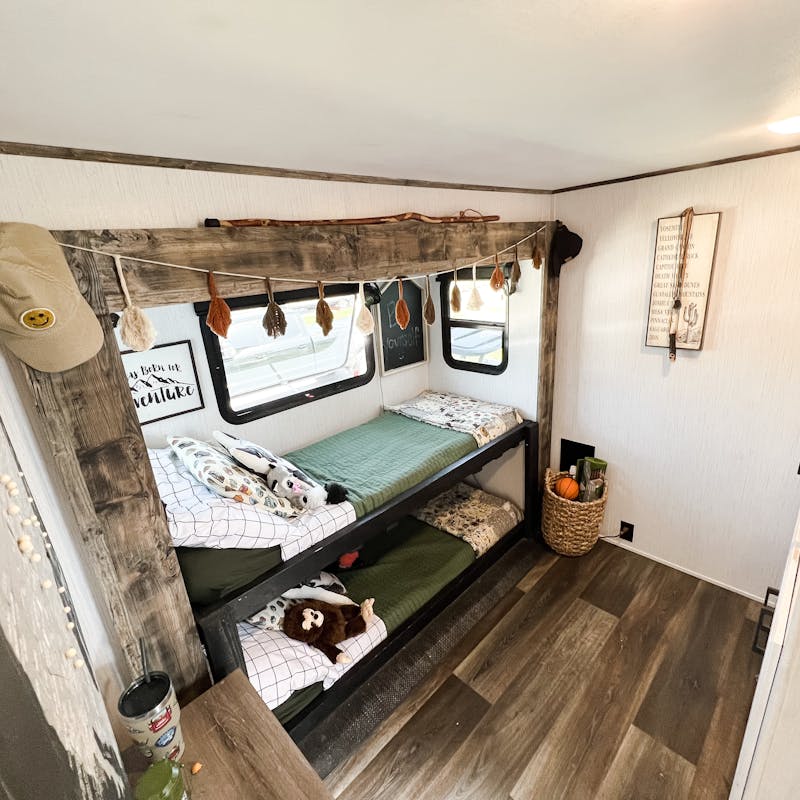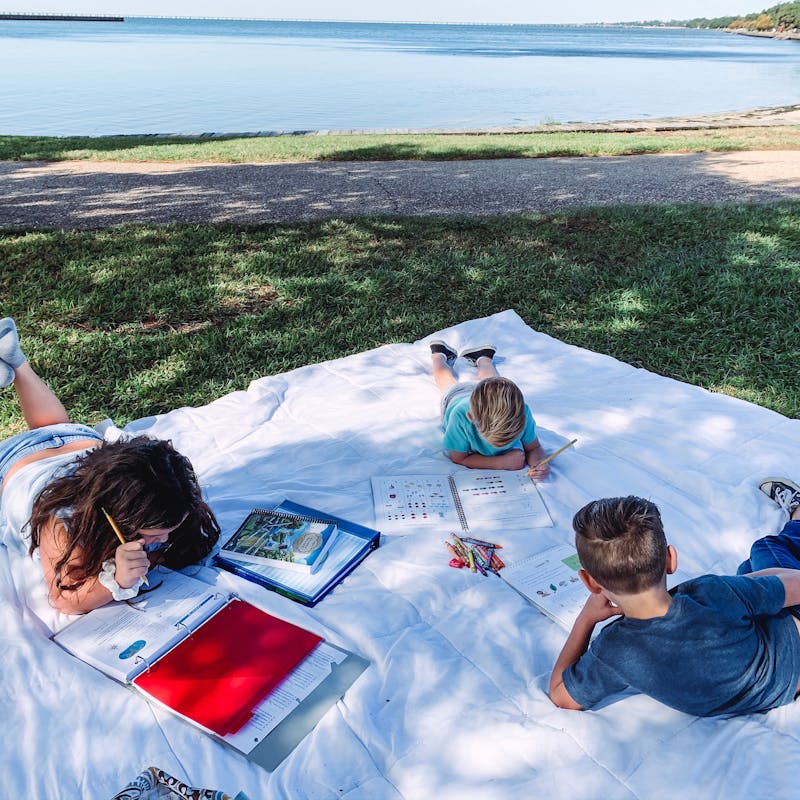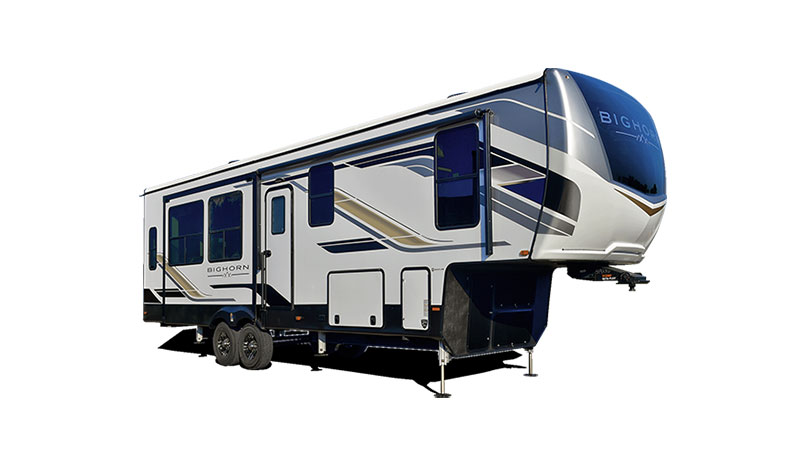Darren and Amanda have been living and traveling in their Heartland Bighorn Traveler 39MB fifth wheel since June of 2021. They homeschool their three children Allianna, Dallas and Dawson, and thoroughly enjoy being able to show them the lessons they learn about in their textbooks. When they’re not homeschooling or working, you can find them chasing waterfalls in Tennessee and visiting family in Louisiana.
Video
How To Grow Your RV With Your Kids
Are your RV trips going through growing pains? Get tips from parents on how to keep kids interested in RVing as they get older.









